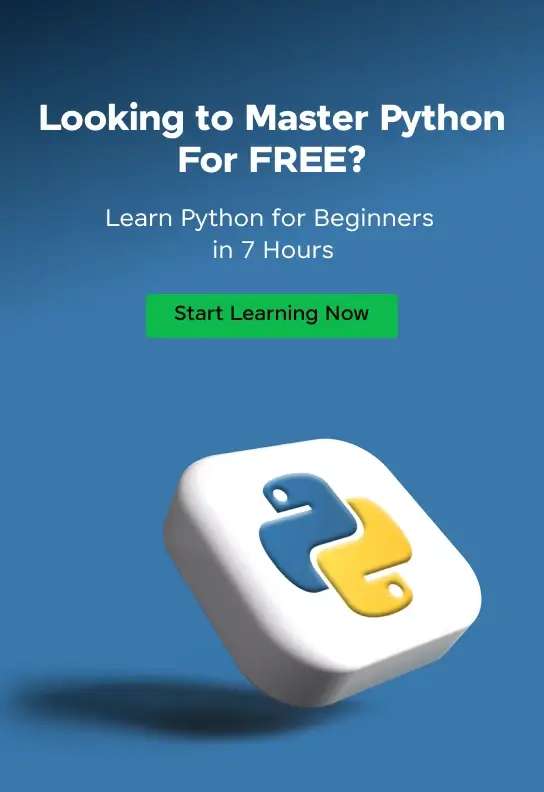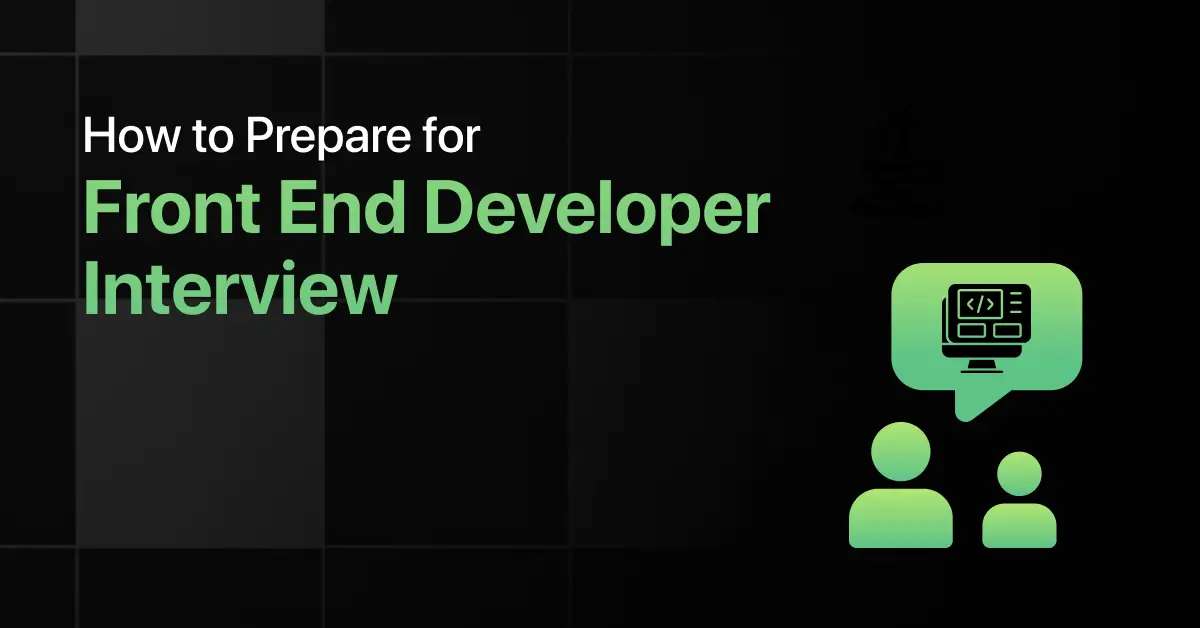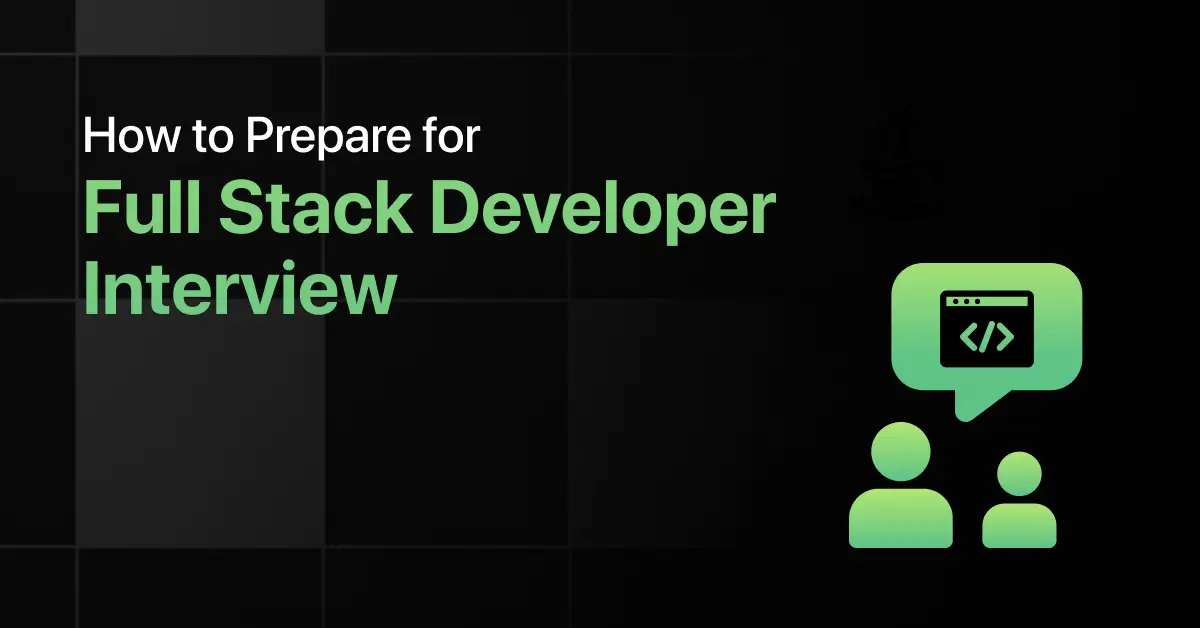Best Programming Languages for Blockchain
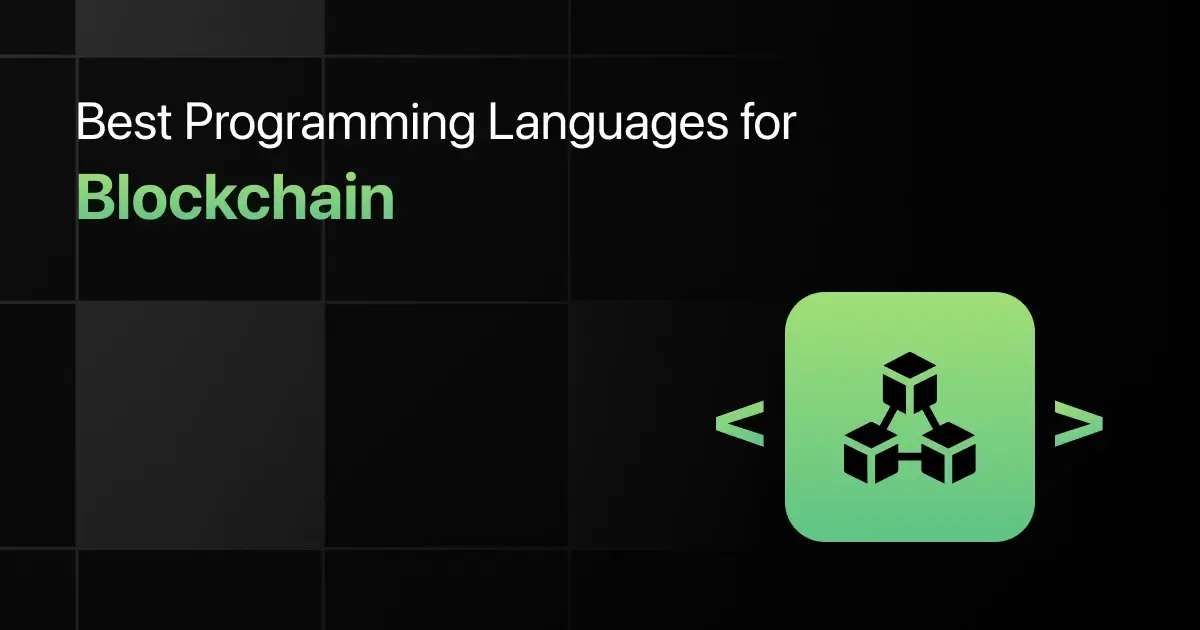
Blockchain technology is transforming industries by providing decentralized, secure, and transparent solutions.
Choosing the best programming language for blockchain development is important for creating scalable blockchain applications.
If you’re wondering what is the best programming language for blockchain, this blog will guide you through the top 10 languages used in blockchain development.
Best Coding Languages for Blockchain – Overview
Here’s an overview of the 10 best programming languages for blockchain:
| S.No. | Programming Language | Learning Curve | Job Market Demand | Learning Resources |
|---|---|---|---|---|
| 1 | Solidity | Medium | Developing Ethereum Smart Contracts and dApps | Learn More |
| 2 | JavaScript | Easy | Developing Interactive dApps and Blockchain Interfaces | Learn More |
| 3 | Python | Easy | Rapid Prototyping and Data Analysis in Blockchain Projects | Learn More |
| 4 | Go | Medium | Developing Scalable and Efficient Blockchain Applications | Learn More |
| 5 | C++ | Difficult | Blockchain Protocols and Real-Time Systems | Learn More |
| 6 | Java | Medium | Scalable Blockchain Applications and Network Management | Learn More |
| 7 | Rust | Difficult | Secure and High-Performance Blockchain Applications | Learn More |
| 8 | PHP | Easy | Creating Backend Services and Managing Blockchain Networks | Learn More |
| 9 | Ruby | Easy | Security Tools and Automation Scripts | Learn More |
| 10 | C# | Medium | Enterprise Blockchain Solutions | Learn More |
Top 10 Programming Languages for Blockchain Development
Below are the top 10 languages for blockchain development:
1. Solidity
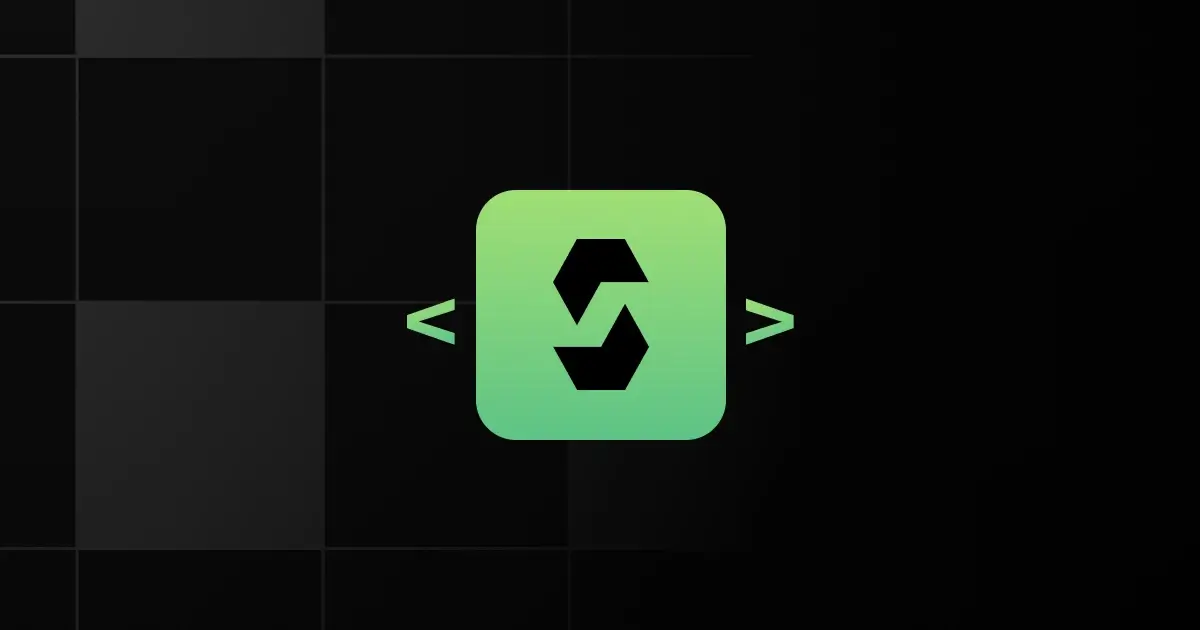


Solidity is a statically typed programming language designed specifically for developing smart contracts on the Ethereum blockchain.
It helps in creating decentralized applications (dApps) and executing transactions securely.
Popularity:
- Widely used by Ethereum developers.
- Preferred for creating smart contracts.
- Common in decentralized finance (DeFi) projects.
Learning Curve: Medium
Framework and Library Support:
- Truffle
- Hardhat
- OpenZeppelin
Integration Capabilities:
- Integrates with Ethereum tools like Web3.js.
- Compatible with IPFS for decentralized storage.
- Interfaces with various blockchain networks.
Security Features:
- Built-in security features for smart contracts.
- Libraries for secure coding practices.
- Regular updates for security patches.
Community and Support:
- Large and active community.
- Extensive documentation and tutorials.
- Numerous forums and developer resources.
Job Market Demand:
- Used for developing Ethereum smart contracts and dApps.
- Employed in DeFi, NFT, and blockchain-based gaming industries.
Future Prospects and Trends:
- Increasing use in DeFi and NFTs.
- Growth in enterprise blockchain solutions.
2. Javascript
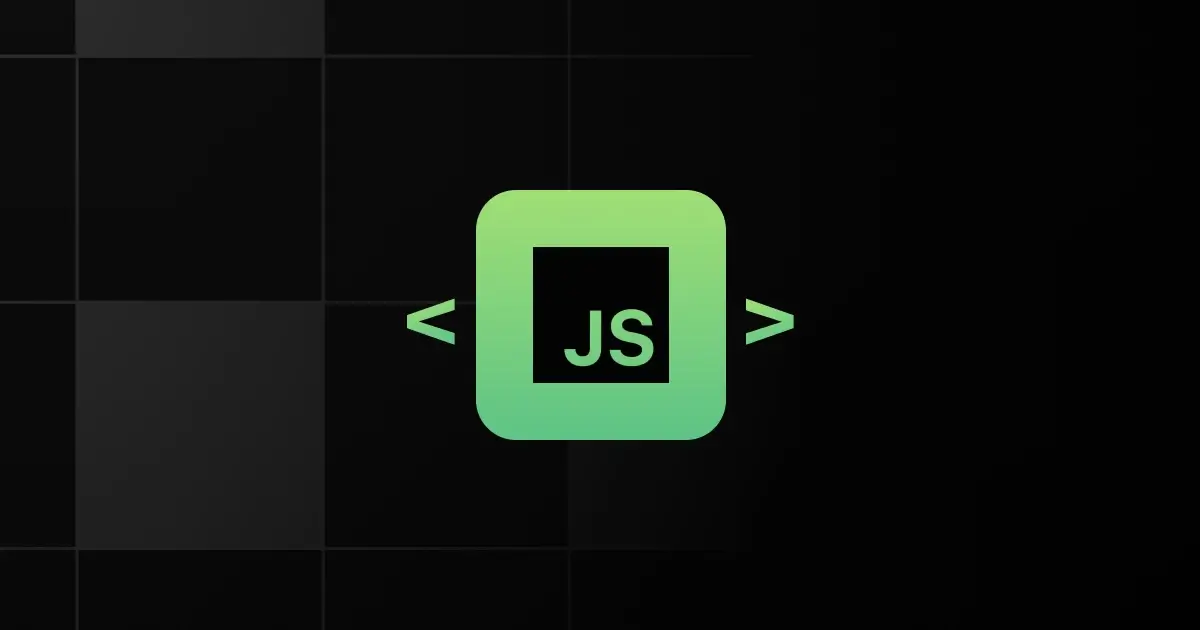


JavaScript is a versatile, high-level programming language primarily used for web development.
It is also used in blockchain development for creating decentralized applications (dApps) and interacting with smart contracts.
Popularity:
- Widely used by web developers.
- Preferred for creating interactive dApps.
- Common in full-stack blockchain development.
Learning Curve: Easy
Framework and Library Support:
- Web3.js
- Ethers.js
- Embark
Integration Capabilities:
- Integrates with HTML and CSS for front-end development.
- Compatible with various blockchain networks.
- Interfaces with RESTful APIs and WebSockets.
Security Features:
- Libraries for secure coding practices.
- Regular updates and patches.
- Supports secure data handling.
Community and Support:
- Large and active community.
- Extensive documentation and tutorials.
- Numerous forums and support channels.
Job Market Demand:
- Used for developing interactive dApps and blockchain interfaces.
- Employed in tech, finance, and entertainment industries.
Future Prospects and Trends:
- Increasing use in web-based blockchain applications.
- Growth in real-time and interactive blockchain solutions.
3. Python
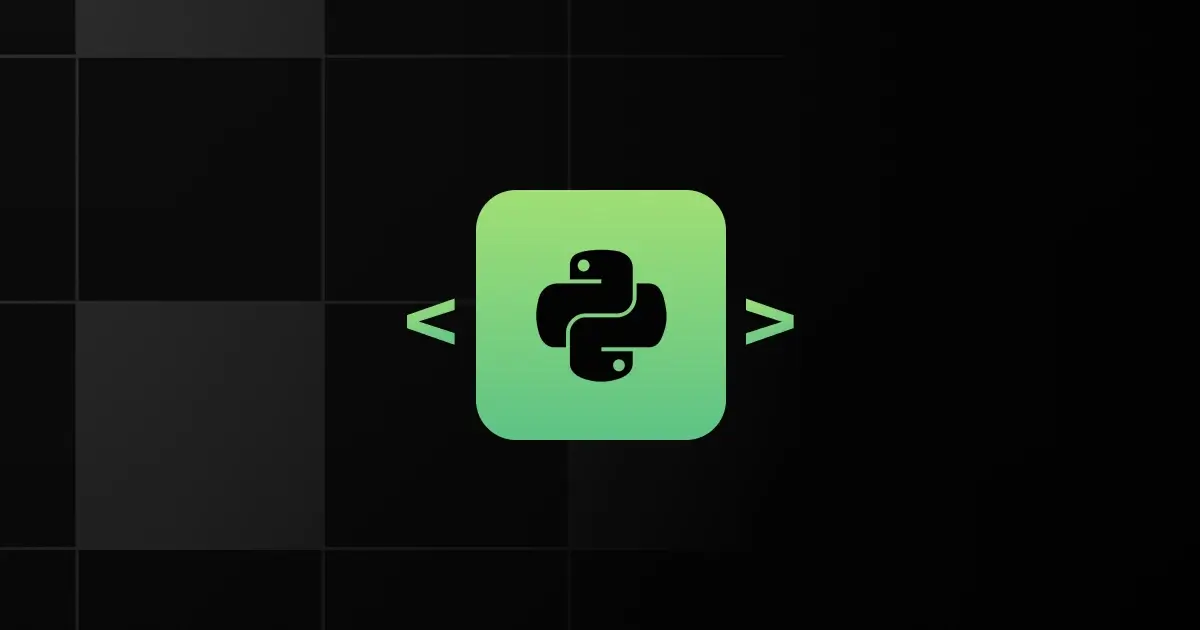


Python is a high-level, interpreted language known for its simplicity and readability.
It is widely used in blockchain development for scripting, data analysis, and integrating blockchain networks.
Popularity:
- Widely used by data scientists and developers.
- Preferred for quick development and prototyping.
- Common in educational settings.
Learning Curve: Easy
Framework and Library Support:
- Web3.py
- Py-EVM
- Flask
Integration Capabilities:
- Integrates with various blockchain networks.
- Compatible with numerous databases.
- Interfaces with cloud services like AWS and Azure.
Security Features:
- Libraries for secure coding practices.
- Support for encryption and authentication.
- Regular updates and patches.
Community and Support:
- Large and active community.
- Extensive documentation and tutorials.
- Numerous forums and support channels.
Job Market Demand:
- Used for rapid prototyping and data analysis in blockchain projects.
- Employed in tech, finance, and healthcare industries.
Future Prospects and Trends:
- Increasing use in AI and machine learning integration with blockchain.
- Growth in automation and blockchain-based applications.
4. Go
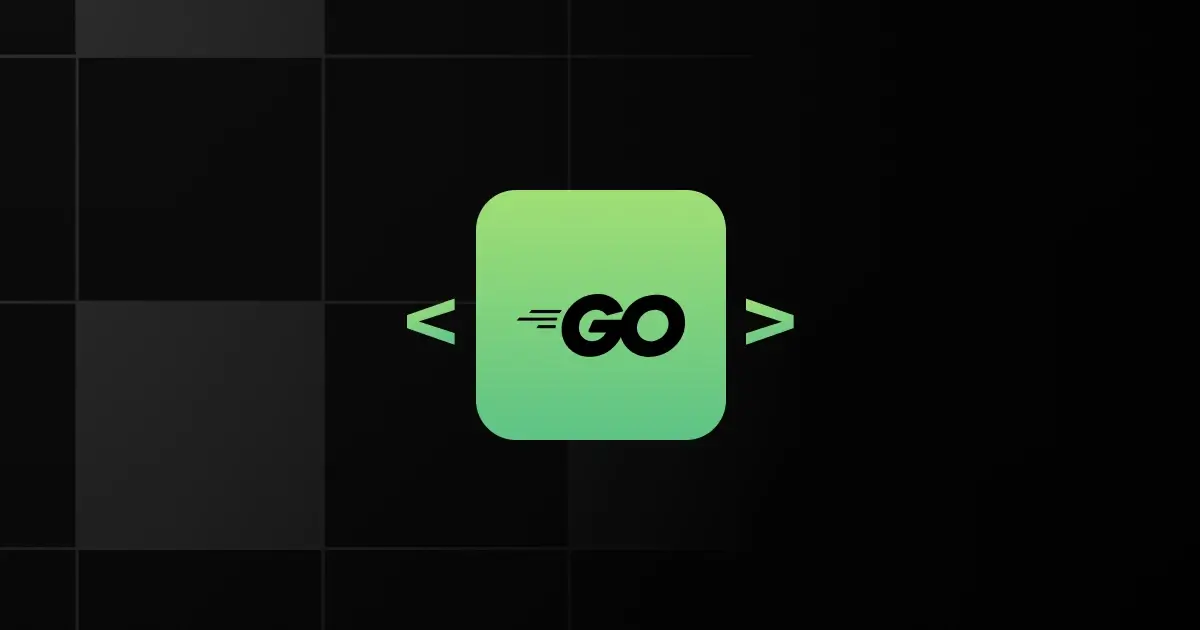


Go (Golang) is a statically typed, compiled language designed for simplicity and performance.
It is used in blockchain development for building scalable and efficient blockchain applications.
Popularity:
- Preferred by backend developers.
- Used in performance-critical blockchain applications.
- Growing popularity in cloud computing.
Learning Curve: Medium
Framework and Library Support:
- Hyperledger Fabric
- Go-Ethereum (Geth)
- Tendermint
Integration Capabilities:
- Integrates with various databases.
- Compatible with cloud services like AWS and GCP.
- Interfaces with RESTful APIs.
Security Features:
- Libraries for secure coding practices.
- Support for encryption and secure data handling.
- Regular updates and patches.
Community and Support:
- Active and growing community.
- Extensive documentation and tutorials.
- Numerous forums and support channels.
Job Market Demand:
- Used for developing scalable and efficient blockchain applications.
- Employed in tech, finance, and cloud computing industries.
Future Prospects and Trends:
- Increasing use in cloud-based blockchain solutions.
- Growth in performance-critical blockchain applications.
5. C++
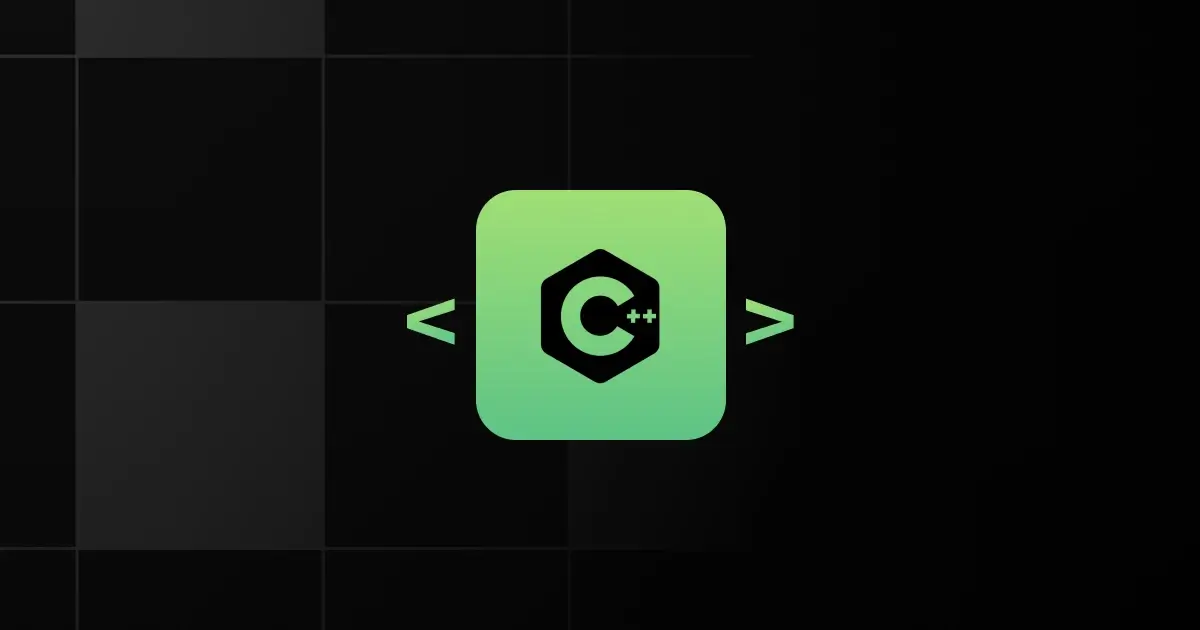


C++ is an extension of C that includes object-oriented features and is known for its performance and versatility.
It is used in blockchain development for creating efficient and high-performance blockchain applications.
Popularity:
- Preferred by system-level programmers.
- Used in performance-critical blockchain applications.
- Popular in game development and real-time systems.
Learning Curve: Difficult
Framework and Library Support:
- Bitcoin Core
- Ripple
- EOS.IO
Integration Capabilities:
- Direct hardware interaction.
- Integrates with other languages like Python.
- Compatible with high-performance computing libraries.
Security Features:
- Strong emphasis on memory management.
- Support for encryption libraries.
- Regular updates for security patches.
Community and Support:
- Strong community support.
- Extensive resources and documentation.
- Active forums and user groups.
Job Market Demand:
- Utilized in developing blockchain protocols and real-time systems.
- Employed in tech, finance, and gaming industries.
Future Prospects and Trends:
- Continues to be essential for performance-intensive blockchain applications.
- Growing use in autonomous systems and decentralized finance.
6. Java
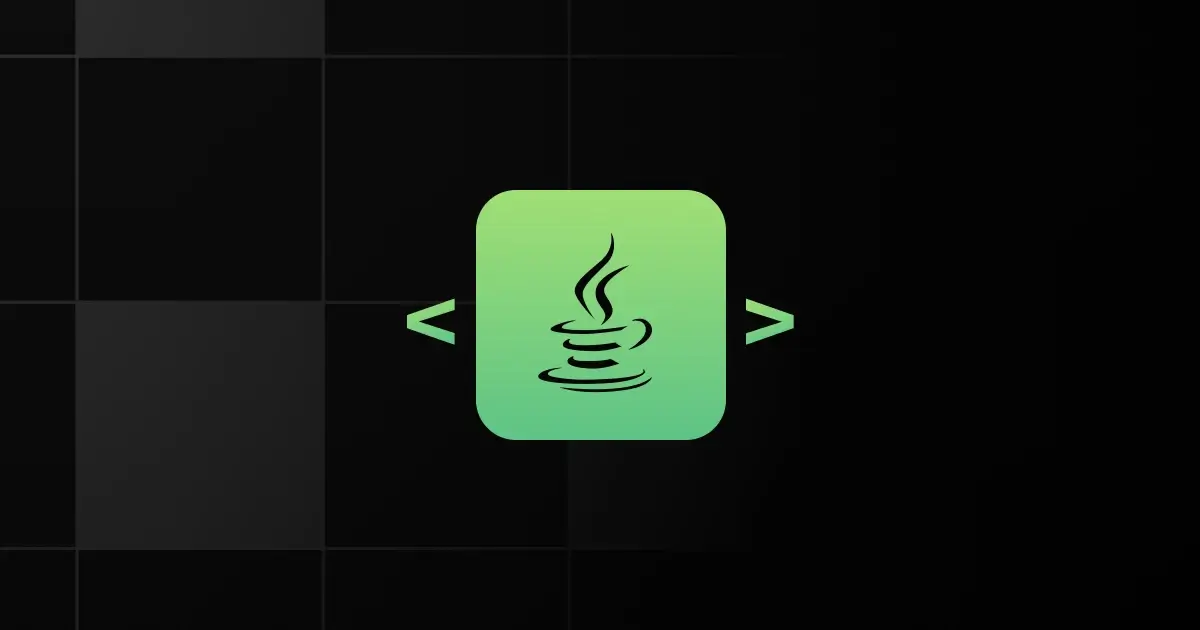


Java is a versatile, object-oriented programming language known for its portability and performance.
It is used in blockchain development for creating scalable applications and managing blockchain networks.
Popularity:
- Widely used by enterprise developers.
- Preferred for large-scale blockchain applications.
- Common in educational institutions.
Learning Curve: Medium
Framework and Library Support:
- Hyperledger Fabric
- Corda
- Web3j
Integration Capabilities:
- Integrates with various databases like MySQL and PostgreSQL.
- Compatible with web technologies via servlets and JSP.
- Works with cloud services like AWS.
Security Features:
- Strong built-in security features.
- Regular updates and patches.
- Supports secure coding practices.
Community and Support:
- Large and active community.
- Extensive documentation and tutorials.
- Numerous forums and user groups.
Job Market Demand:
- Used for developing scalable blockchain applications and managing networks.
- Employed in tech, finance, and healthcare industries.
Future Prospects and Trends:
- Increasing use in enterprise blockchain solutions.
- Growth in cloud-based blockchain platforms.
7. Rust
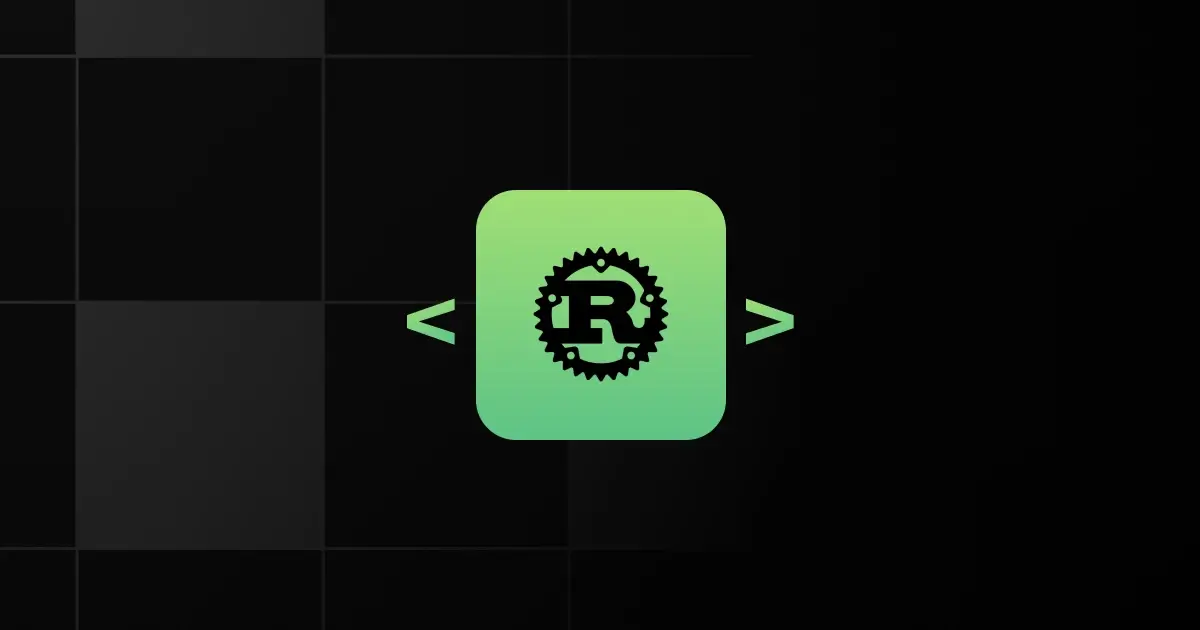


Rust is a systems programming language known for its safety and performance.
It is used in blockchain development for creating secure and high-performance blockchain applications.
Popularity:
- Preferred by system-level programmers.
- Used in performance-critical blockchain applications.
- Growing popularity in the developer community.
Learning Curve: Difficult
Framework and Library Support:
- Substrate
- Parity Ethereum
- Solana
Integration Capabilities:
- Direct hardware interaction.
- Integrates with other languages like C and C++.
- Compatible with various blockchain networks.
Security Features:
- Strong emphasis on memory safety.
- Support for secure coding practices.
- Regular updates and security patches.
Community and Support:
- Active and growing community.
- Extensive documentation and tutorials.
- Numerous forums and support channels.
Job Market Demand:
- Used for developing secure and high-performance blockchain applications.
- Employed in tech, finance, and industrial automation industries.
Future Prospects and Trends:
- Increasing use in secure blockchain applications.
- Growth in autonomous systems and decentralized finance.
8. PHP
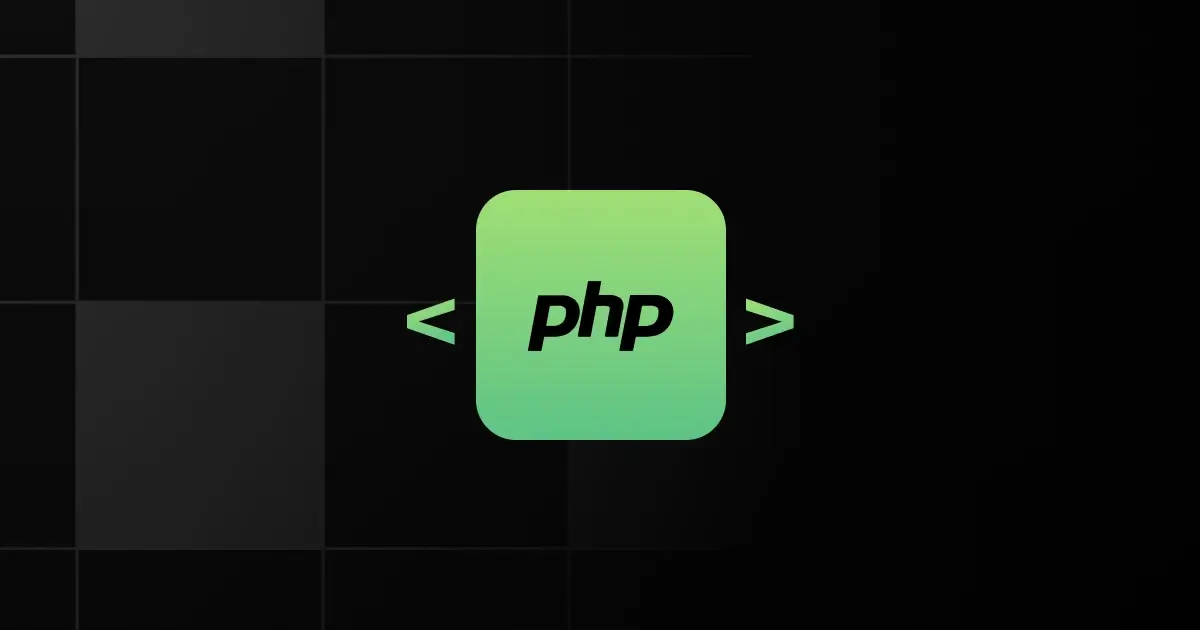


PHP is a popular server-side scripting language used for web development.
It is also used in blockchain development for creating backend services and managing blockchain networks.
Popularity:
- Widely used by web developers.
- Preferred for server-side scripting.
- Common in small to medium-sized businesses.
Learning Curve: Easy
Framework and Library Support:
- Laravel
- Symfony
- CodeIgniter
Integration Capabilities:
- Integrates with various databases.
- Compatible with web servers like Apache.
- Interfaces with RESTful APIs.
Security Features:
- Libraries for secure coding practices.
- Regular updates and patches.
- Supports data encryption and sanitization.
Community and Support:
- Large and active community.
- Extensive documentation and tutorials.
- Numerous forums and support channels.
Job Market Demand:
- Used for creating backend services and managing blockchain networks.
- Employed in tech, media, and small businesses.
Future Prospects and Trends:
- Continued relevance in web development.
- Increasing focus on security and performance.
9. Ruby
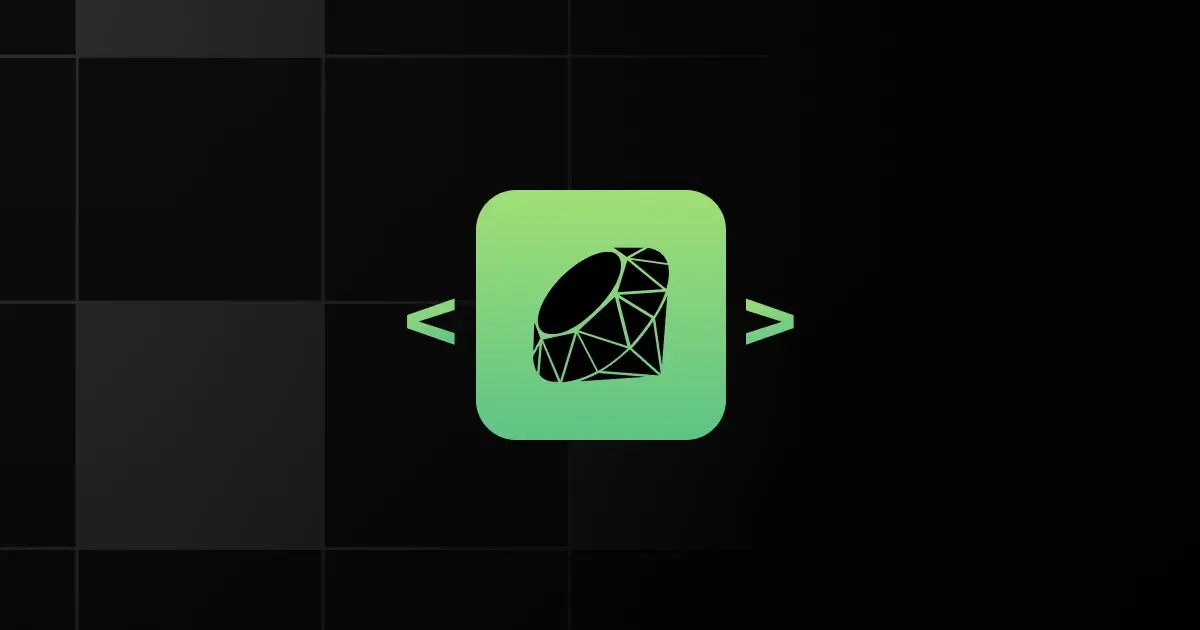


Ruby is a dynamic, open-source programming language with a focus on simplicity and productivity.
It is often used in blockchain development for scripting and creating security tools.
Popularity:
- Preferred by web developers.
- Popular in startup environments.
- Supported by a strong community.
Learning Curve: Easy
Framework and Library Support:
- Ruby on Rails
- Sinatra
- Hanami
Integration Capabilities:
- Integrates with various databases.
- Compatible with web technologies.
- Interfaces with RESTful APIs.
Security Features:
- Libraries for secure coding practices.
- Regular updates and patches.
- Supports secure data handling.
Community and Support:
- Large and active community.
- Extensive documentation and tutorials.
- Numerous forums and support channels.
Job Market Demand:
- Used for developing security tools and automation scripts.
- Employed in tech startups and security companies.
Future Prospects and Trends:
- Continued relevance in security tool development.
- Increasing use in scripting and automation.
10. C#
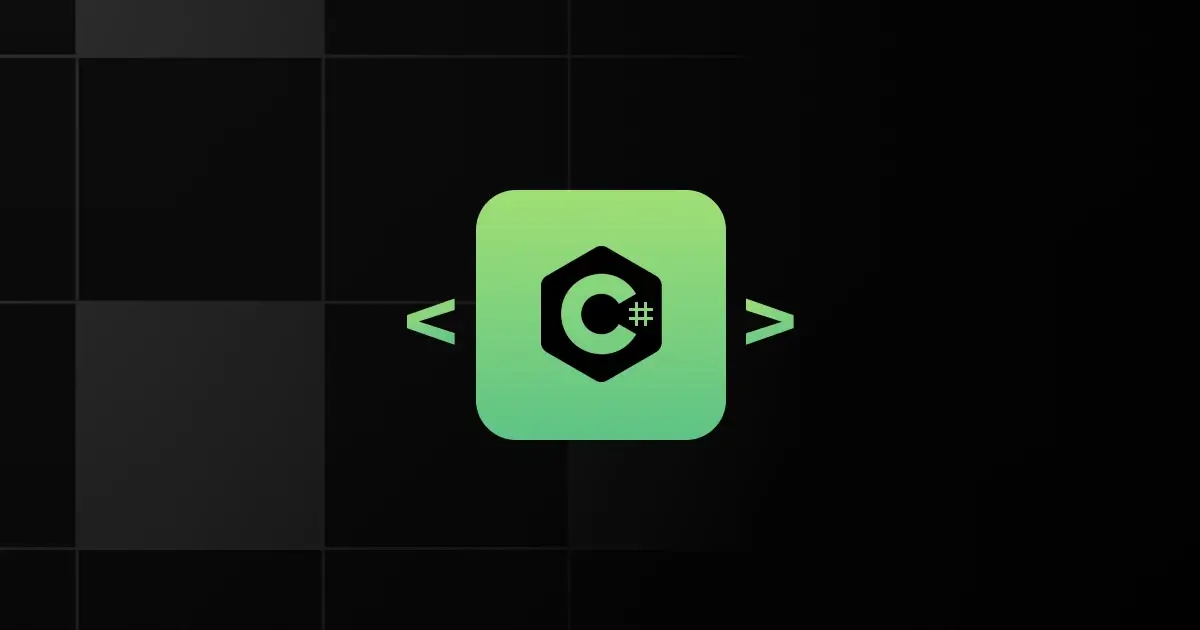


C# is a modern, object-oriented programming language developed by Microsoft.
It is widely used for developing Windows applications and blockchain solutions using the .NET framework.
Popularity:
- Preferred by Windows developers.
- Used in enterprise applications.
- Supported by Microsoft.
Learning Curve: Medium
Framework and Library Support:
- Nethereum
- Stratis
- Neo
Integration Capabilities:
- Integrates with Microsoft Azure.
- Compatible with various databases.
- Interfaces with RESTful APIs.
Security Features:
- Strong typing and error handling.
- Regular security updates.
- Libraries for secure coding practices.
Community and Support:
- Large and active community.
- Extensive documentation and tutorials.
- Numerous forums and support channels.
Job Market Demand:
- Used for developing enterprise blockchain solutions.
- Employed in tech, finance, and gaming industries.
Future Prospects and Trends:
- Continued relevance in enterprise blockchain solutions.
- Increasing use in AI and machine learning projects.
Final Words
We hope this blog helps you to choose the top programming language for blockchain.
Choosing the best language for blockchain depends mainly on your specific project requirements.
Explore More Blockchain Resources
Explore More Programming Languages For:
- Web Development
- Getting Jobs
- Future
- Artificial Intelligence
- App Development
- Beginners
- Backend Development
- Game Development
- Machine Learning
- Ethical Hacking
- Data Science
- Data Analytics
- Internet of Things
- Cloud Computing
- UI/UX Design
- Automation Testing
FAQs
The best programming languages for blockchain are:
- Solidity
- Javascript
- Python
- Rust
- Go
You should choose a programming language for blockchain by noting the job market demands, prospects, and integration capabilities.
The best programming language for beginners in blockchain is Python.
Solidity, Python, C++, and C programming languages are currently trending in blockchain.
Python, Solidity, Go, C++, and Javascript offer the best framework and library support for blockchain development.
Solidity, Javascript, and Python have promising future aspects for blockchain.
Related Posts
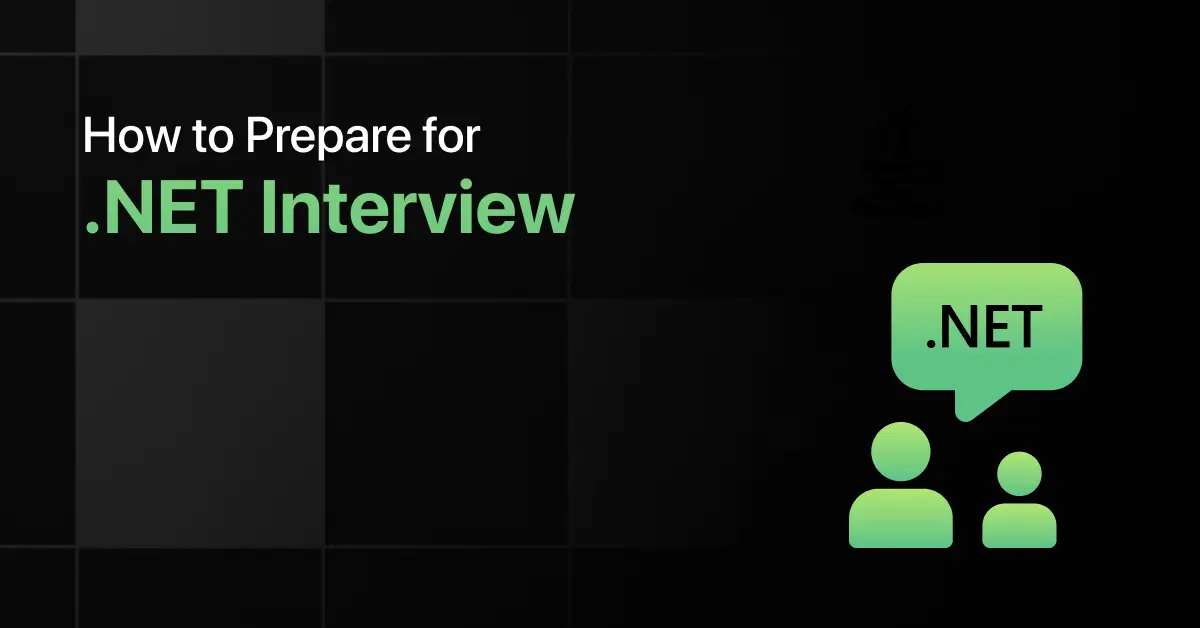

How to Prepare for .Net Interview
Are you preparing for a .NET interview but not sure which topics to prioritize? Many candidates struggle to balance C# fundamentals, …
Warning: Undefined variable $post_id in /var/www/wordpress/wp-content/themes/placementpreparation/template-parts/popup-zenlite.php on line 1050



